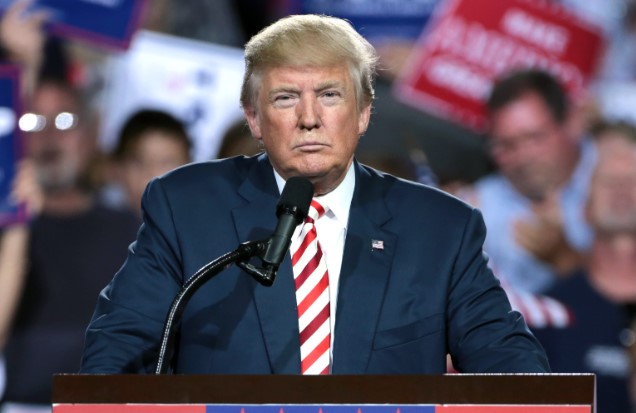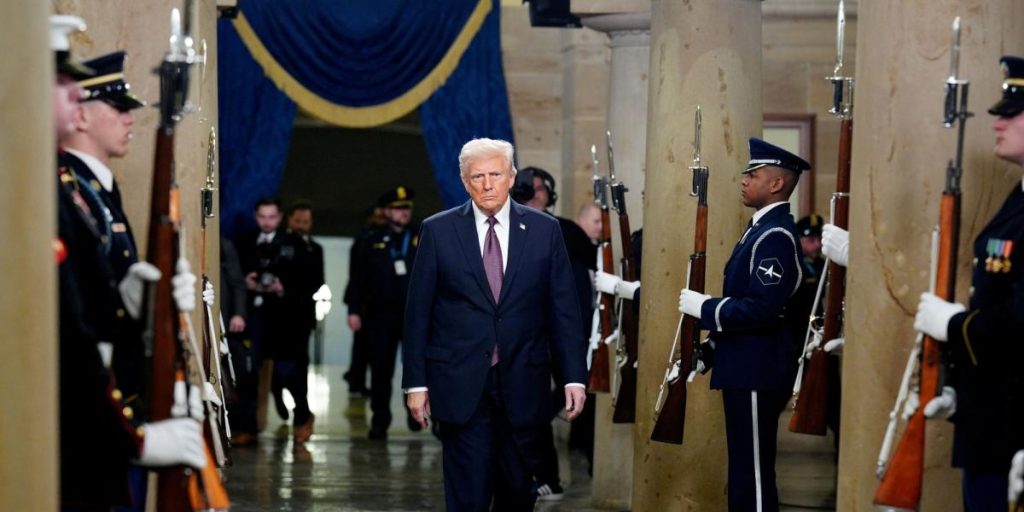Miami.- The president of the United States, donald trump has focused several of its first government actions on stopping migration. According to information provided to Fox News by an official in his administration, and later confirmed by other media after taking office, Trump will eliminate the humanitarian parole program, end the use of the CBP One application and order the closure of the southern border with Mexico. These initiatives are part of his first ten executive orders.
Among the notable measures is the immediate resumption of the construction of the border wall, a central issue in Trump’s immigration agenda and to which he alluded in his speech when he was sworn in as the 47th president of the United States.
According to the source interviewed by Fox, the president will instruct the Armed Forces to prioritize border security as part of their strategic planning: “This Executive Order sends a clear message that the United States will exercise its sovereignty over its territory and that the military will play a role in protecting our borders.”
Additionally, President Trump will reactivate the Migrant Protection Protocols (MPP), known as “Remain in Mexico.” This program, implemented during his first administration, forced migrants to wait in Mexican territory while their asylum applications were processed in the United States. At the time it was supported by the government of Andrés Manuel López Obrador, president of the Aztec country; Therefore, the new Mexican administration will probably also support the measure.
On the other hand, the humanitarian parole, which had allowed 110,000 Cubans to enter the United States, was also canceled along with the application. CBP Onea tool that allowed managing appointments for immigration procedures and that had been criticized for its limited accessibility in vulnerable communities.
What are executive orders?
Executive orders are tools that allow presidents to direct the administration of the federal government without requiring congressional approval. These can range from administrative decisions, such as granting time off to federal employees, to implementing significant changes in national policies.
Although they cannot be repealed directly by Congress, lawmakers can limit their reach through defunding or creating legal barriers. It is common for new presidents to issue orders to reverse measures of their predecessors, as Trump demonstrates by undoing Biden policies.














